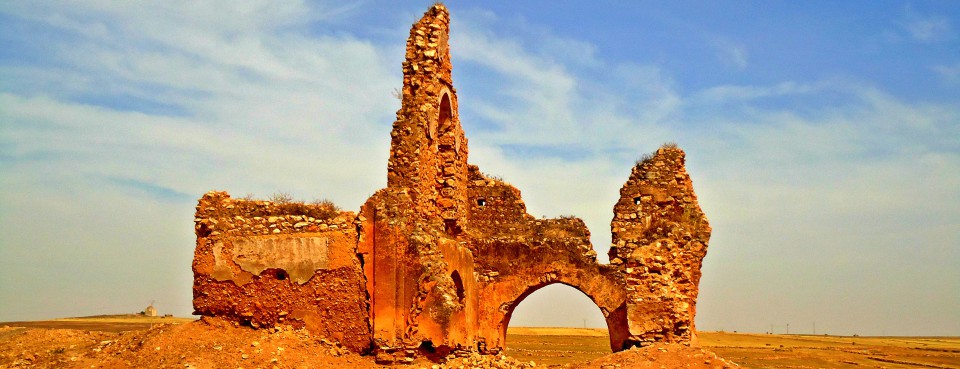August 2013
The moment we stepped out of the plane onto the runway at Jedda airport, a blast of hot air enveloped us. It was unlike anything I had experienced before, except for the times I had been in a crowded public bath. My glasses fogged up from the sudden temperature change. My wife used a facial tissue to wipe them clean. We followed other passengers into the air-conditioned buses to escape the heat. As we boarded the bus, I couldn’t help but notice the large number of women wearing black Abayas. It was the first time I had seen such a multitude of females dressed in pitch black gowns and scarves that covered everything except for their eyes.
My wife was also wearing a black gown that she had recently bought from a market in Casablanca. However, she had forgotten or perhaps didn’t bother to buy the nikab, so her face remained uncovered. She stood out among the sea of covered women. I was seized by an oppressive feeling that I had to avert my eyes, as showing the faintest interest in someone’s horma could have serious consequences. I knew there was a strict separation between men and women in public spaces. Unless it was one’s own wife or a close relative, being in close proximity to a horma was considered inappropriate and could lead to trouble.
Inside the bus, the women gathered on one side while the men congregated on the other. Most of the men were dressed in pristine white thawbs, red-and-white striped kufiyas, and black iqqals. The bus was filled with complete silence. We were all strangers, traveling together to the airport in the middle of the night. Even among family members, silence was the norm. Communication was measured, and one’s private life was to remain hidden from public view.
The bus came to a halt at one of the gates, and we all hurriedly exited. The men and women regrouped, standing together once again. Inside the airport, the bustling crowd quickly dispersed. Some individuals, intending to perform Omra, formed a line, while others with Saudi residency permits moved to a separate queue. I remembered that I needed to fill out a landing form. No one had distributed the forms on the plane, but I spotted a table with forms for new arrivals to complete.
As I began filling in the required information, I noticed two Moroccan men standing beside me. Perhaps they needed a pen, I thought. However, the expressions on their faces revealed something more. “Could you help us fill out these forms? We’re not feeling well,” they asked. A surge of instinctive sympathy washed over me. They were illiterate and too embarrassed to admit it. Their backgrounds hinted at their status as villagers seeking a livelihood in this remote, oil-rich country. They must have been a source of pride for their families, and their courage was truly admirable. I noted down their details from their passports and handed their forms back to them. I can never forget the look of appreciation in their eyes.
